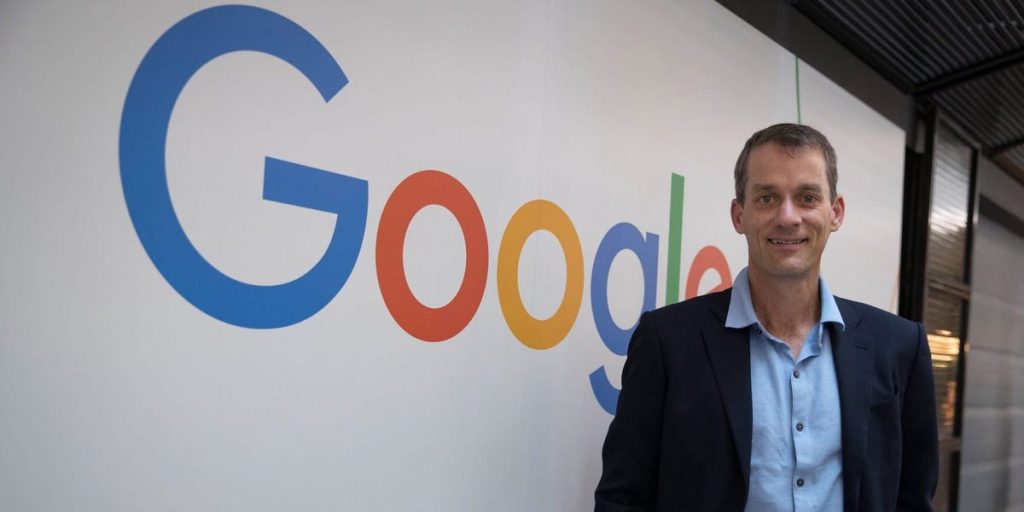There’s at least one AI-related topic that Google’s chief scientist tries to avoid.
Jeff Dean, who focused on AI advances for Google DeepMind and Google Research, explained why he steers clear of the conversations about artificial general intelligence, or AGI, during an episode of “The Moonshot Podcast” released earlier this month.
“The reason I tend to steer away from AGI conversations is lots of people have very different definitions of it, and the difficulty of the problem varies by like factors of a trillion,” he said.
He said AI models today are “probably already” better than the average person at most non-physical tasks.
“Most people are not that good at a random task that they’ve never done before, and some of the models we have today are actually pretty reasonable at most things,” he said. But, he added “they will fail at a lot of things, they’re not human expert level in some things so that’s a very different definition than being better than the world expert at every single task.”
When asked how far we are from AI being able to make breakthroughs faster than humans, Dean said, “We’re actually probably already close to that in some domains.”
“There will be a lot of domains where automated search and computation actually can accelerate progress — scientific progress, engineering progress,” he said. “All these things I think are going to be important for advancing what we as people can do over the next five, 10, 15, 20 years.”
Related stories
The definition of AGI varies depending on who you ask.
Many AI labs and researchers define it, more or less, as a form of AI with human-like intelligence and the ability to understand and learn like a person can. Others define it as a point where autonomous computer systems can do better than humans at most economically valuable work.
Top AI researchers have varying predictions on when we might expect AGI. Google DeepMind CEO Demis Hassabis, OpenAI CEO Sam Altman, and Anthropic CEO Dario Amodei expect it within years, while others, like Meta chief AI scientist Yann LeCun and AI researcher Andrew Ng say it could be decades away.


